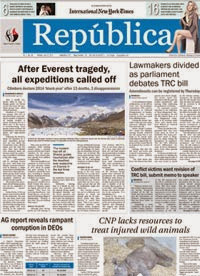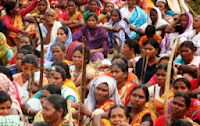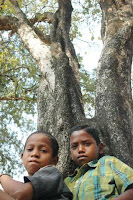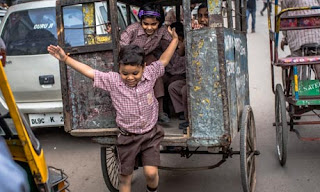Happy International Mother Language Day! -Studies in Assam & Webinar
Happy International Mother Language Day! -Studies in Assam & Webinar Today, as I was running some errands, I noticed a lot of action on the roadside. As someone was talking passionately through a microphone I assumed it was a political rally. But then I heard one phrase coming back again and again: "Matri Bhasha". Of course, I thought, today is International Mother Language Day! That gives me a good excuse to highlight a new initiative in Assam. It is also a good reason to recommend a webinar multilingual education later today. February 21 is the International Mother Language Day. The day is to promote linguistic and cultural diversity and multilingualism around the world. The theme of the year 2022 is “Using technology for multilingual learning: Challenges and opportunities”.








